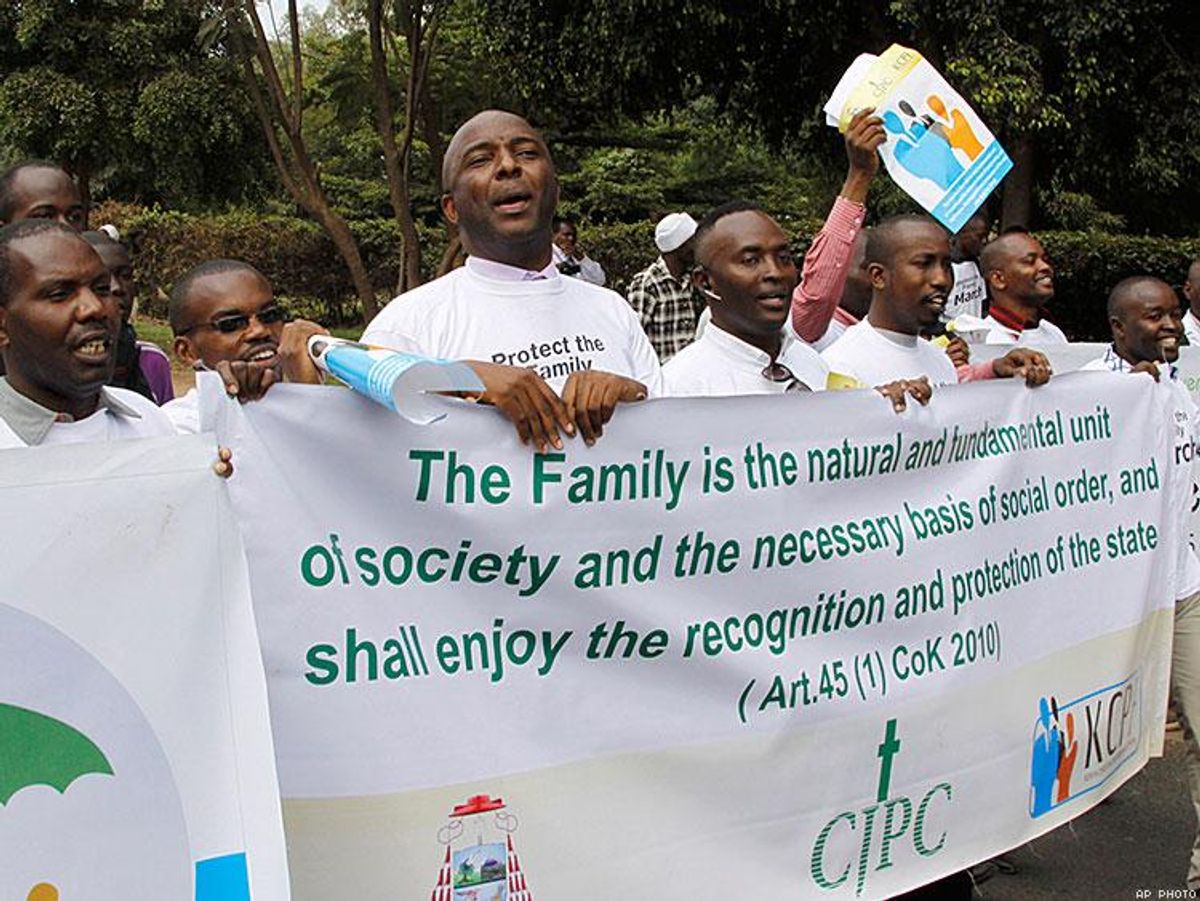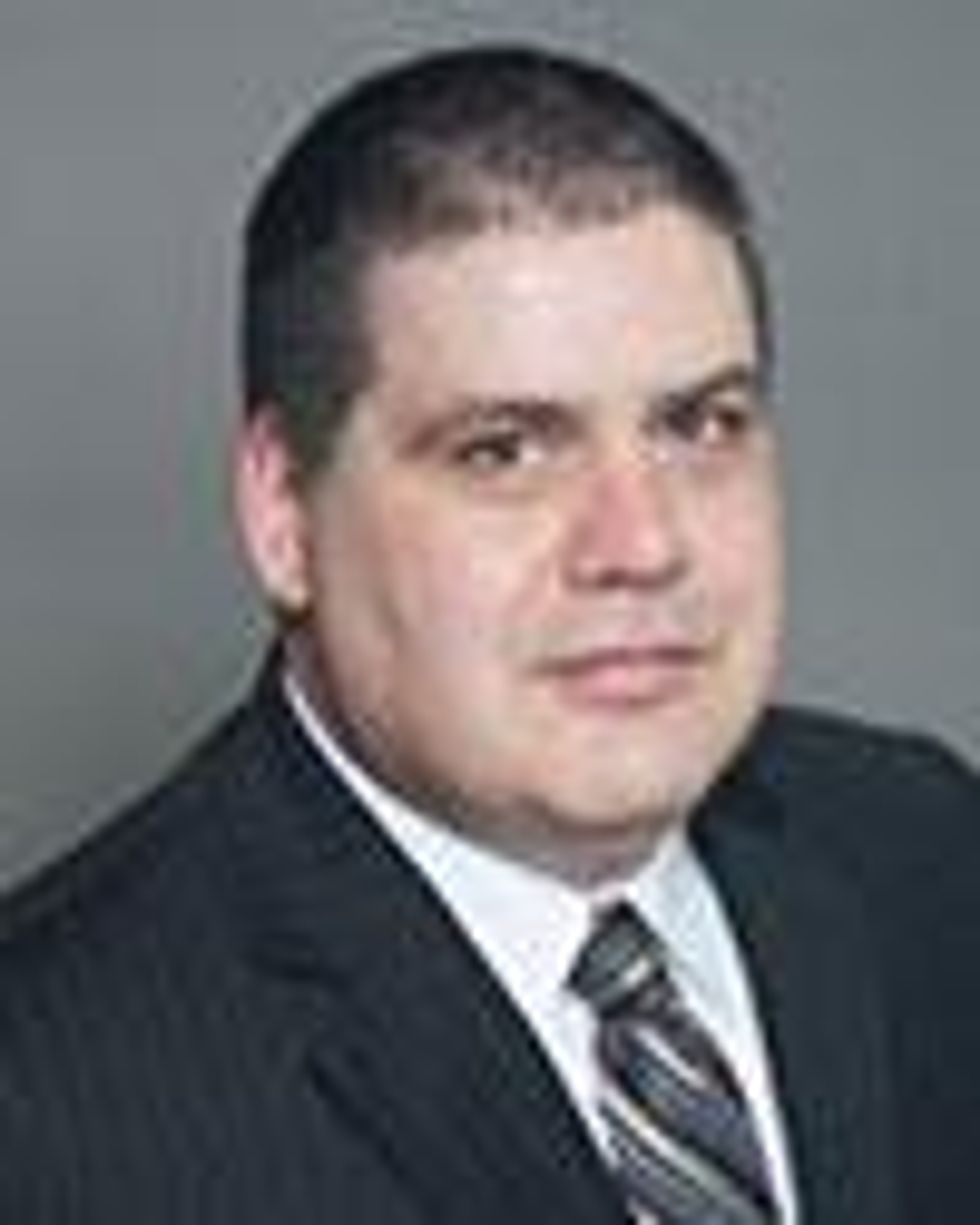A recent article in The New York Times, "U.S. Support of Gay Rights in Africa May Have Done More Harm Than Good," has prompted a great deal of discussion among those engaged in international advocacy on the human rights of LGBT people. Despite the "may have," in the headline, the reporter seems to have concluded that U.S. engagement has indeed been harmful on balance and makes a selective, one-sided case in support of that proposition.
Still, the challenge discussed in the article is real. It's something we advocates constantly consider and navigate as we work to protect the human rights of LGBT people, not only in Nigeria but in many other countries where the charge of American imperialism has political currency. For U.S.-based nongovernmental organizations, advocacy on the international stage must be thoughtful. Working across cultures requires us to grapple with the reality of unequal resources, the power of privilege, and the need for cultural competency.
We should readily admit that every time the U.S. engages, there is likely to be some degree of backlash. We're rarely choosing between "backlash" and "no backlash" but instead weighing the cost of backlash and the benefits of action.
Everyone engaging in this type of work does not always get it right. But by following a few basic principles, we increase the chance that our advocacy will be beneficial.
Make sure people on the ground guide you.
This is common sense, and all Western organizations purport to subscribe to it, but in practice some advocates are insufficiently respectful of, and deferential toward, frontline activists. The people who live and work live in a country always understand better than we do its political situation and how U.S. engagement is likely to be perceived. By developing long-term relationships of trust, we go a long way toward ensuring that our "help" is helpful. When I met with some Tajik defenders a month ago, they said as plainly as possible that if a propaganda law were to be introduced there, U.S. calls for it to be defeated would almost surely fuel its passage. Case closed.
Indigenous activists who have moved from their home country can be important guides but not to the exclusion of those still living there. For example, several years ago, activists from Jamaica but living elsewhere called for a boycott of the country's tourism industry and products such as Red Stripe -- a move that had little to no support in the country because it would have hurt many LGBT people and allies employed in these sectors.
Keep in mind there are likely to be multiple viewpoints on the ground, just as there are in the United States. It is incumbent on us to seek out as many as possible, making sure that the voices of women, transgender people, ethnic minorities, and other marginalized groups are part of the process.
Recognize that civil society in other countries, not just governments, may reject LGBT movements.
Often it's helpful to align the struggle for LGBT equality with other human rights struggles and to build coalitions accordingly. There's strength in numbers, and such solidarity shows that LGBT equality isn't a "gay" thing but a matter of universal human rights. In many places, however, civil society groups have spurned LGBT movements, either because they themselves are homophobic or because they feel that joining with them will hurt their own cause. LGBT groups have worked for years to build bridges to other movements; we should support them in this effort.
Be flexible and prepared to change course.
Often people cite the "do no harm" rule as a guiding principle for our work with communities around the world. But we once we help to set something in motion, we aren't able to control -- or even predict -- the final outcome. So we should do all we can to mitigate negative consequences of our actions and quickly adjust if our original strategy backfires.
Acknowledge the human rights abuses of the United States.
Advocacy tainted by jingoism is doomed, for obvious reasons. While we shouldn't hesitate to express pride in the progress the United States has made on LGBT equality, we should acknowledge the problems that remain. We should also be prepared to call out and discuss our country's human rights abuses in other areas, such as counterterrorism and gun violence.
Don't allow ourselves to get boxed in by repressive governments that frame LGBT human rights as a "Western import."
Cynical, repressive leaders -- from Russian President Putin to President Museveni of Uganda to President Kiirof South Sudan -- depict LGBT equality as a Western import in order to paint us into a corner. Once this idea is out there, any steps that the United States or American advocates take on LGBT issues can harden this impression. But we shouldn't allow such propaganda to inhibit us. While we should be humble and mindful, we shouldn't be defensive or apologetic. We are, after all, fighting for a universal human right-- a right people possess by virtue of their humanity. We cannot tie our own hands behind our back. Our enemies would love it if we did.
Take the long view.
Homophobia cuts deep. In many places progress is necessarily incremental. The difficulty of forging change may create the impression that American engagement is doing no good, or more harm than good even as it's slowly creating cracks in a mountain of repression.
To make matters even more complicated, "progress" is often the deterrence of further regress, and the full benefits of advocacy may not come clear for years. When I was in Russia for the Sochi Olympics, a prominent activist said to me, "Russians have never engaged in a conversation about LGBT people as actual people before." At the time, the government was using the new propaganda law to crack down on peaceful activists. But Russian LGBT activists saw a moment to stand up, and American pressure amplified their voices and put the Russian government on the defense.
Did life turn around dramatically for LGBT Russians? Of course not, but some activists believe U.S. pressure helped quash other homophobic bills, and, perhaps more importantly, the solidarity from the United States and elsewhere contributed to a formative chapter in the Russia's LGBT movement. It's likely that future progress will be traced back to the weeks of activism and advocacy leading up to Sochi.
Yes, there are potential downsides to international advocacy, but its benefits will outweigh them if we follow the principles I've outlined and pay close attention to the particulars of every issue and every environment. If we do this work with humility, diligence, and awareness, we'll help create a better world for all, regardless of sexual orientation or gender identity.
 SHAWN GAYLORD is advocacy counsel, LGBT rights, at Human Rights First. Follow him on Twitter @shawngaylord.
SHAWN GAYLORD is advocacy counsel, LGBT rights, at Human Rights First. Follow him on Twitter @shawngaylord.


 SHAWN GAYLORD is advocacy counsel, LGBT rights, at Human Rights First. Follow him on Twitter
SHAWN GAYLORD is advocacy counsel, LGBT rights, at Human Rights First. Follow him on Twitter 















































































Viral post saying Republicans 'have two daddies now' has MAGA hot and bothered